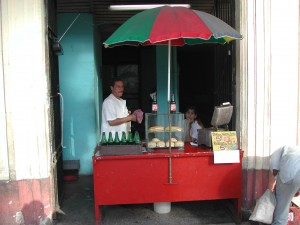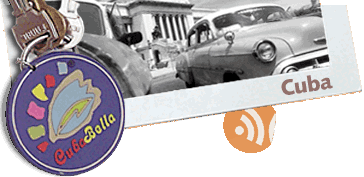Cuba legitimatize black market via taxes
A decision by Cuban authorities to open up the island’s state-controlled economy to some private enterprise has seen many line up for a new business license.
The fiscal overhaul was announced in September last year by president Raul Castro as a way to reinvigorate the economy, but is only now starting to show signs of taking hold.
The communist Cuban state employs 84 percent of its workers and controls 90 percent of the economy.
But tens of thousands of Cubans want to chase their own entrepreneurial dreams and become their own boss.
“I don’t think this will make me rich,” says Julio Cesar Hidalgo. “It’s a job that has to be well-administered in order to reap some benefit. I don’t think the benefit will be enough to buy a house or a car or anything like that. It’s just to have a bit more of a comfortable life.”
To create the opportunities wanted by those like Hidalgo, Castro says the country will lay off half a million state workers by March.
The Cuban leader hopes the free market experiment will help the cash-strapped government shed millions off its payroll and create much-needed tax revenues.
It could also legalise a booming black market providing everything from sausages to satellite television.
“The things we have analyzed and the mistakes we have criticized cannot be repeated,” says Castro. “The life of the revolution is in the balance.”
More than 75,000 people have received new licenses. But with new license holders facing challenges like high taxes, uncertainty about customers and limited access to start-up money, the pace of economic change in one the world’s last Soviet-style communist countries is very slow.




